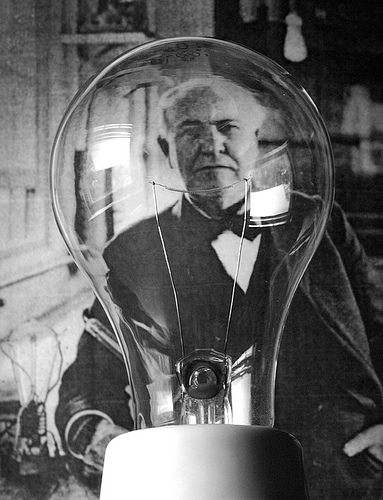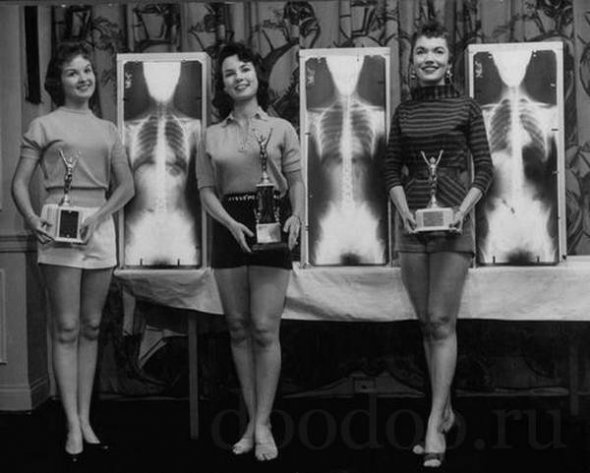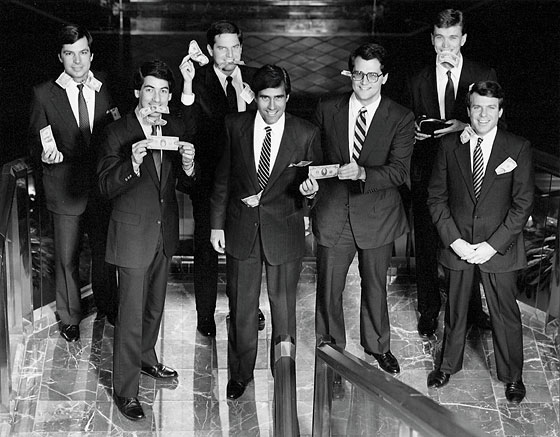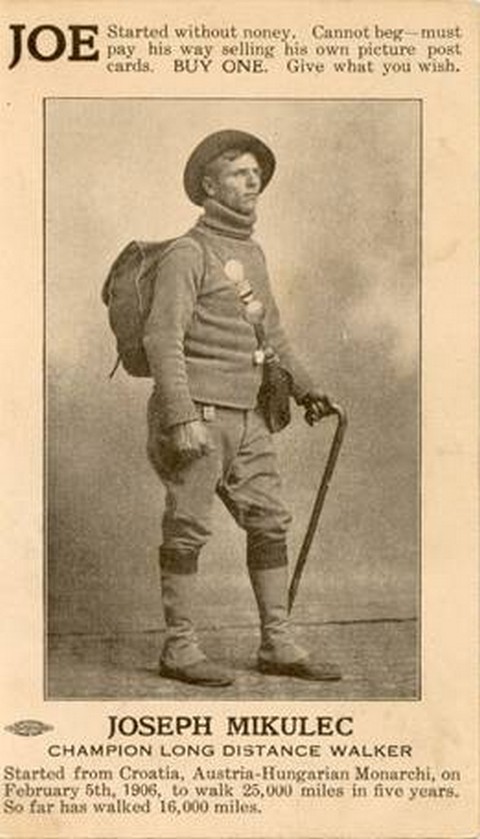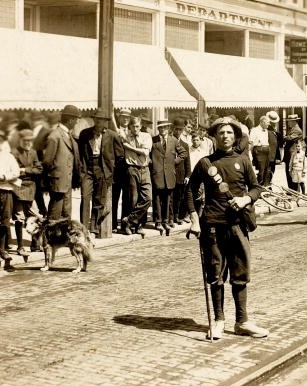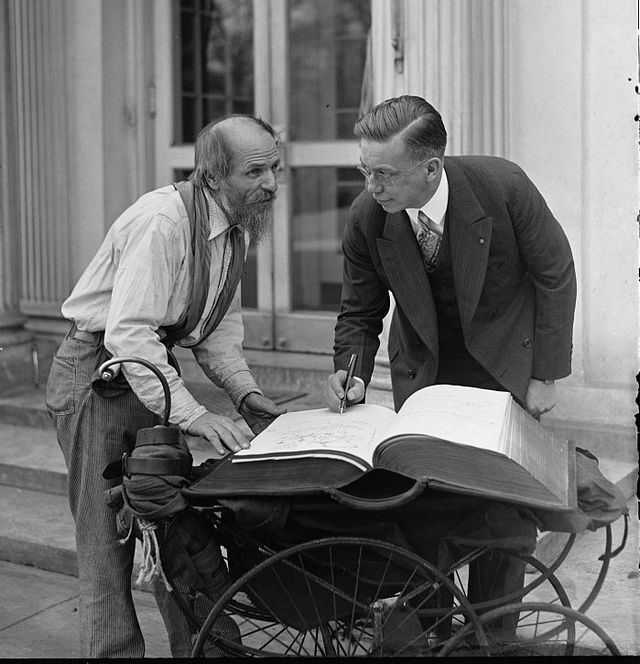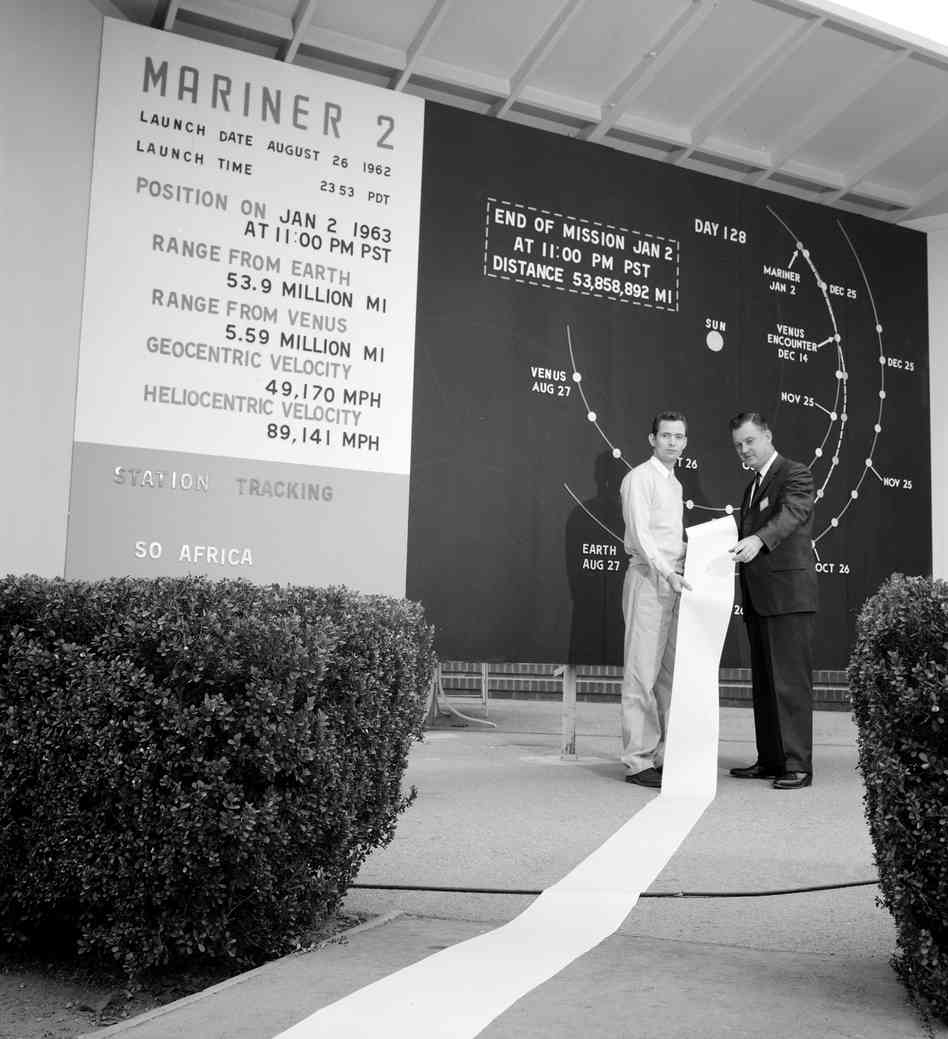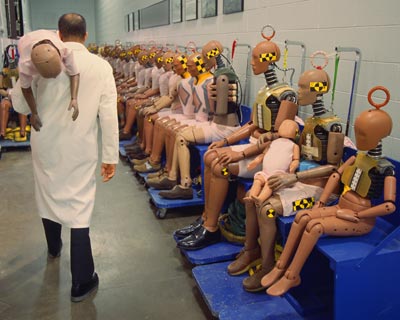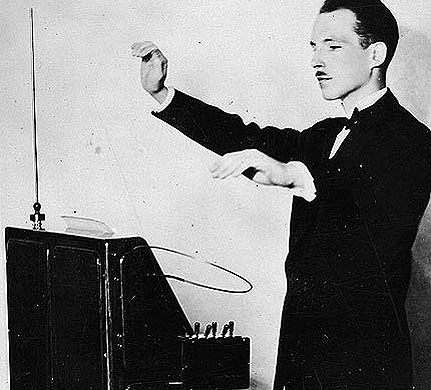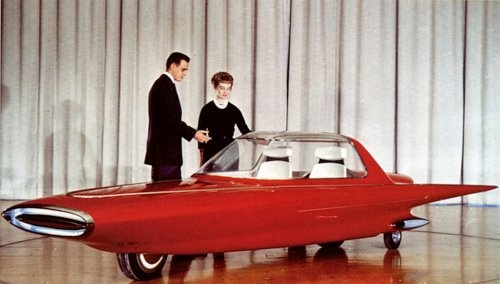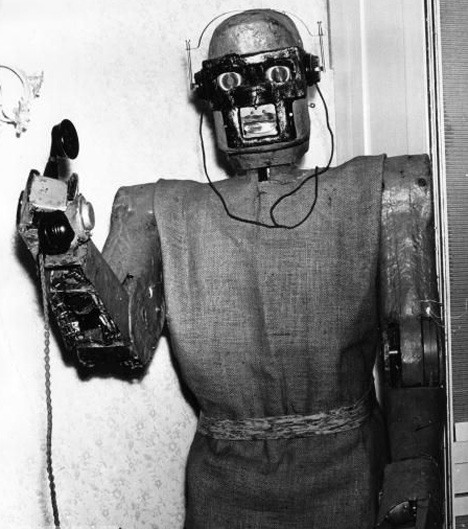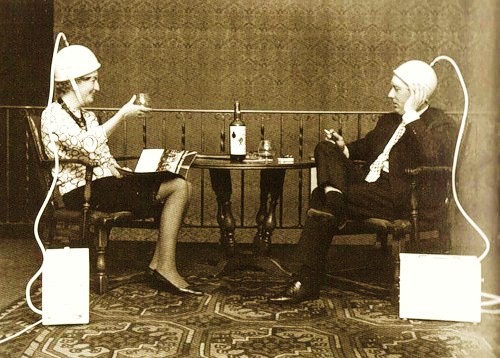Great interview by Tyler Cowen at American Interest with Ralph Nader, the consumer watchdog and politician who’s mostly been right and occasionally colossally wrong, tied to the latter’s publication of Unstoppable, a book about finding political common ground in a divisive age. In one exchange, Nader decries the corporatization of sports, which he believes has made us passive spectators. I suppose this might be true of athletics, but I don’t think in a broader sense that the average person has ever participated more in society than right now. Of course, a participatory culture is only as good as its participants. An excerpt:
“Tyler Cowen:
Do you think we need a more communitarian culture to push back against the corporate state and its abuses? I’m very struck by something in your book The Seventeen Solutions, for instance, where you talk about how America needs a new tradition of sports. Sports, you say, shouldn’t be something corporate-run that people watch on television, but something they do themselves, something that creates community, something that brings people together. Is that kind of social cohesion a necessary first step?
Ralph Nader:
Yes. We’ve become too much of a spectator culture, spending the better part of each day in front of screens. One of the consequences is that the few more athletic kids play while the rest watch, and the lack of physical activity leads to obesity. It’s not just youngsters; adults conform with the purposes of corporate advertising. The processed food producers and some other corporations, like pharmaceuticals, get rich when Americans get fat.
Corporations are also extremely adept at commercializing childhood and maneuvering around or undermining parental authority. They urge children to nag their parents at a young age to buy junk food, soft drinks, and violent video games. You see fewer kids out in the street now, just playing. These old games we used to play, like hopscotch—kids today wouldn’t even know what you’re talking about. But they do know a lot about video game violence and the heroes and villains involved.
So I think we do need a broad recognition of the need to bring the neighborhoods and communities into more participatory sports. Just a hoop, and throwing the ball into a hoop—anything to connect human to human rather than let kids wallow more and more in virtual reality. The whole electronic world is affecting us in ways we have yet to discover. That amount of time spent day after day in front of these screens can’t not have an effect on the human mind, and probably not a healthy one.”



